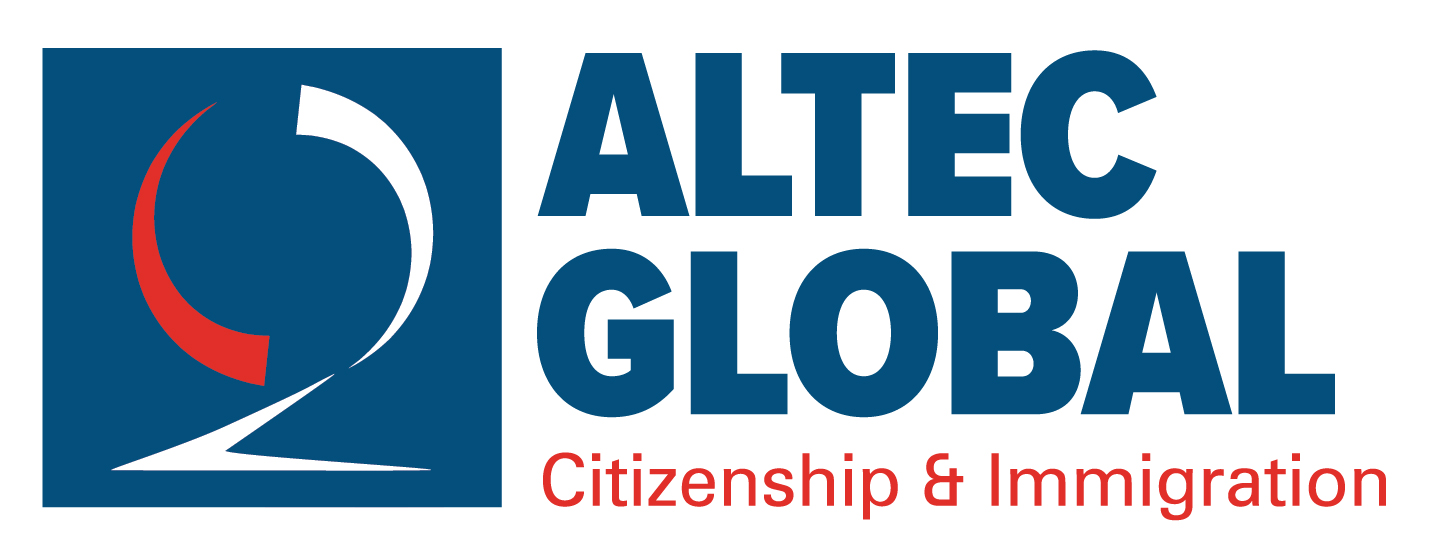
The Parents and Grandparents Program (PGP) draws for 2023, held between October 10th and 23rd, have concluded, and you may find yourself without the coveted invitation to apply. Fret not, as there’s a valuable alternative – the Super Visa. This blog post explores the Super Visa as a worthy option for parents and grandparents of Canadians who seek an extended stay in Canada, offering insights into eligibility, application process, and key considerations.
Understanding the Super Visa
Unlike the periodic nature of PGP draws, the Super Visa is available throughout the year, presenting a flexible avenue for family reunification. This temporary resident visa enables parents and grandparents to stay in Canada for up to 5 consecutive years without the need for frequent renewals. Those already holding a Super Visa can even apply for an extension, potentially allowing them to remain in Canada as visitors for an impressive span of 7 years, with multiple entries permitted over 10 years.
Eligibility Criteria
To be eligible for the Super Visa, applicants must be parents or grandparents of a Canadian citizen or permanent resident. Proof of this relationship, such as a birth certificate, is a key requirement. While spouses or common-law partners can be included in the application, dependents may not.
Moreover, applicants need a signed invitation letter from their child or grandchild residing in Canada. This letter should pledge financial support throughout the visit, provide details of the inviting person’s household, and include a copy of their Canadian citizenship or permanent resident document.
Additionally, applicants must exhibit proof of medical insurance from a Canadian provider, meeting specific criteria:
- Validity for at least 1 year from the date of entry.
- Emergency coverage of at least $100,000.
- A significant update as of December 7, 2022, is the elimination of the requirement for the insurance policy to be fully paid at the time of Super Visa application.
Income Requirements and Documentation
The child or grandchild inviting the applicant must demonstrate the ability to meet income requirements based on the Low-Income Cut Off (LICO). Documenting financial capacity is crucial, and applicants may provide the following:
- Notice of Assessment (NOA) or T4/T1 for the most recent tax year.
- Employment Insurance Stubs.
- Employment letter detailing salary and hire date.
- Pay stubs.
- Bank statements.
These documents collectively prove the sponsoring family member’s capability to financially support their visiting parents or grandparents.
Application Assessment and Considerations
The completed Super Visa application undergoes assessment by Immigration, Refugees, and Citizenship Canada (IRCC). Factors include the purpose of the visit, and ensuring that parents or grandparents will maintain sufficient ties to their home country. This is demonstrated through evidence of family ties, financial connections, and other compelling reasons to return to their country of origin.
Moreover, Super Visa applicants must undergo a mandatory medical examination as part of the application process.
Approval and Entry
Upon approval by IRCC, the Super Visa is stamped inside the applicant’s passport. If the applicant is from a visa-exempt country, IRCC issues a letter to be presented to a border services officer upon arrival in Canada.
While the PGP draws might not have been in your favor this time, the Super Visa stands as a reliable and year-round alternative. This blog post has provided an in-depth understanding of its eligibility, application process, and key considerations. As you navigate family sponsorship and immigration alternatives, the Super Visa emerges as a valuable pathway for an extended and enriching stay with your loved ones in Canada.

Recent Comments